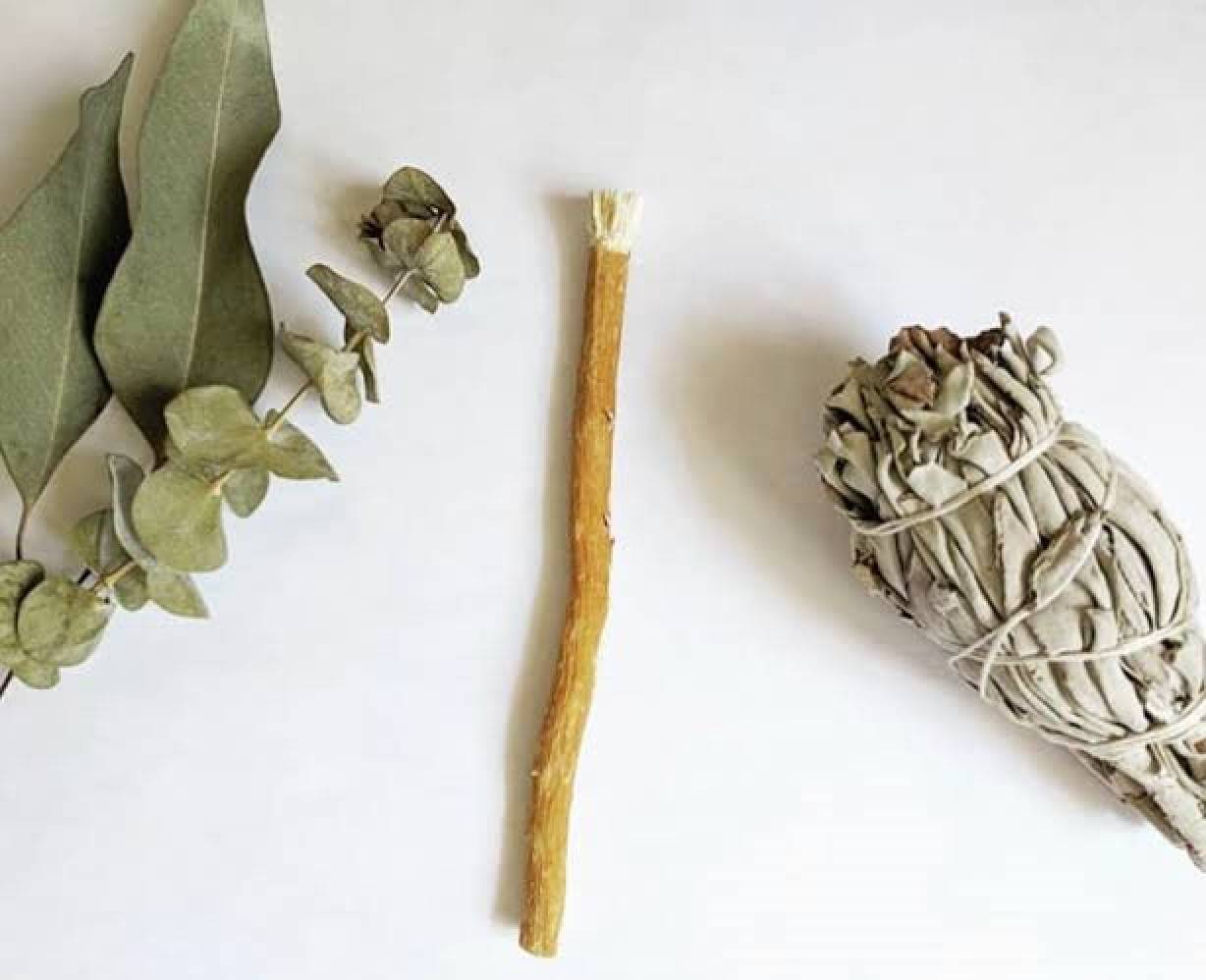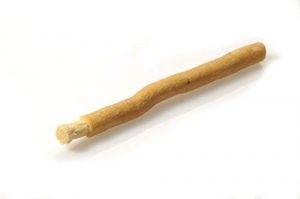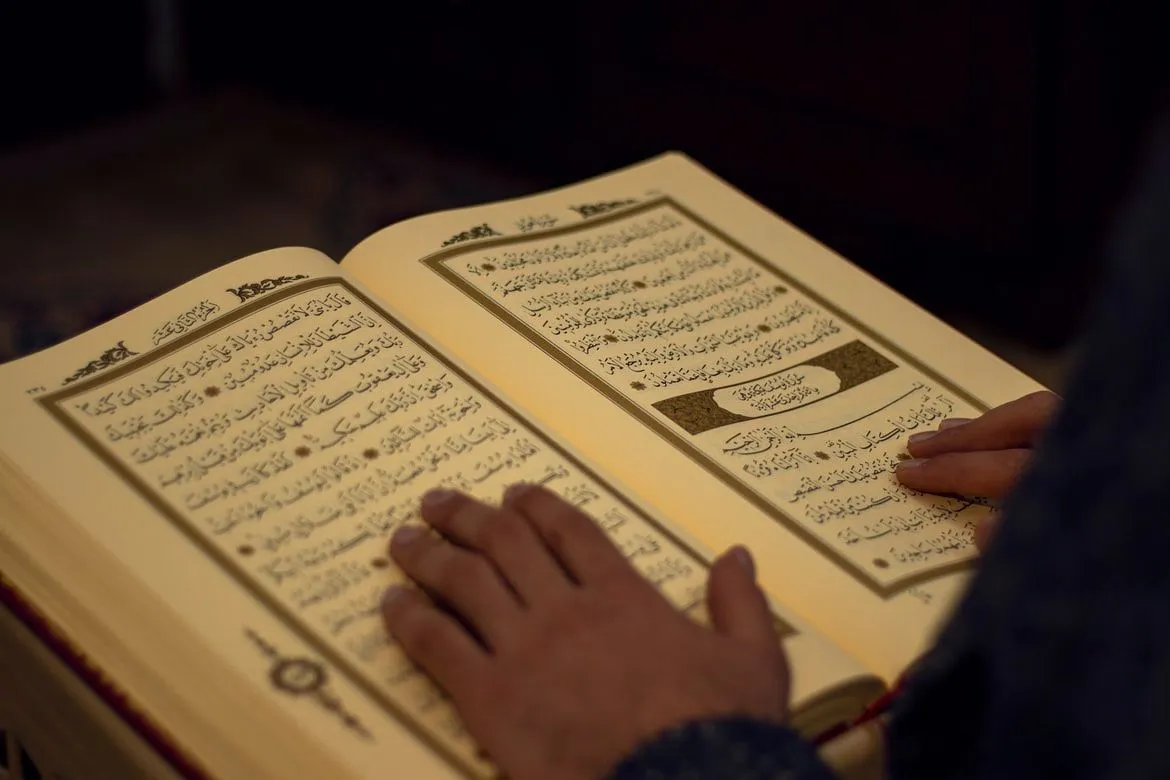
Islam is a complete religion that guides us about every aspect of life thoroughly. Miswak in Islam carries significant place and its benefits are discussed at different places, and we have found its importance in several Hadiths. Highlighting its importance, we have come up with this post to make you aware of the benefits of miswak under the light of Hadith.

The prospect of Miswak in Islam
When studying the prospect of miswak, we came to know two types of benefits accrued from its use. These benefits include UKHRAWI and these are related to hereafter life while other benefits are mentioned as DUNYAWI that are related to this worldly life. The Ukhrawi category includes various rewards while Dunyawi category yields the direct benefits or advantages concerned to the physical human body through the regular use of the miswak. The importance of miswak is highlighted to a greater extent as on one stage, our Prophet Muhammad (PBUH) was under the thought that Allah (SWT) might make the use of Miswk as compulsory.
Recommendations and benefits of Miswaak in Hadith
Abu Umamah (R) narrates that the Messenger of Allah (Sallallahu Alayhi Wasallam) said:
‘Use the miswak, for verily, it purifies the mouth, and it is a Pleasure for the Lord. Jib-ra-eel (A.S) exhorted me so much to use the miswak that I feared that its use would be decreed obligatory upon me and upon my Ummah.
(IBN MAJAH)
It is described that a miswak should not be lengthier than a “span “like the maximum distance between the tips of the thumb and little finger as well as it should not be denser than a finger’s breadth. Hold a miswak in such a manner that the small finger and thumb should be below the miswak and the remaining fingers should be on its upper side.
When to use Miswak?
1- When doing the wudoo
From Aboo Hurayrah (radiyallaahu ‘anhu) reported that Allaah’s Messenger (صلّى الله عليه وسلّم ) said:
“If it were not that I would make a difficulty upon my nation I would have commanded them to use the siwaak with every wudoo·”
Saheeh: Saheehul-Jaami` (5317); Ahmad (1/294/171)
2- At every Prayer
Aboo Hurayrah (radiyallaahu ‘anhu) reported that from Prophet ( صلّى الله عليه وسلّم ) said:
“If it were not that I would make a difficulty for my nation I would have commanded them to use the siwaak at every Prayer.”
Agreed upon Muslim (1/220/252), al-Bukhaaree (2/374/887), at-Tirmidhee (1/18/22), an-Nasaa·ee (1/12)
3- When reciting the Qur’an
From ‘Alee (radiyallaahu ‘anhu) who said:
“He commanded us to use the siwaak, and when the servant stands in Prayer an Angel comes to him and stands behind him, listening to the Qur’an and drawing closer. So he continues listening and drawing closer until he places his mouth upon his mouth. So he does not recite any Aayah except that it enters within the Angel.”
Saheeh Lighairihi: as-Saheehah (1213); al-Bayhaqee (1/38)
4- When entering the house
From Al-Miqdaam ibn Shurayh: from his father, who said: I asked ‘Aa·ishah, saying: “What had the Prophet ( صلّى الله عليه وسلّم ) used to begin with when he entered his house?” she said: “With the siwaak.”
Saheeh Ibn Maajah (235); Muslim (1/220/253) Aboo Daawood (1/86/58), Ibn Maajah (1/106/290), an-Nasaa·ee (1/13)
5- When getting up (to pray) during the night
From Hudhayfah (radiyallaahu ‘anhu) who said:
“When Allaah’s Messenger ( صلّى الله عليه وسلّم ) got up to pray the tahajjud Prayer at night, he used to rub his mouth with the siwaak.”
Al-Bukhaaree (1/356/245), Aboo Daawood (1/83/54), an-Nasaa·ee (1/8)
Miswak in Islam is greatly highlighted and is encouraged to be used regularly. It is available easily across the places. If you have more benefits of Miswak to share with us then let us know.







